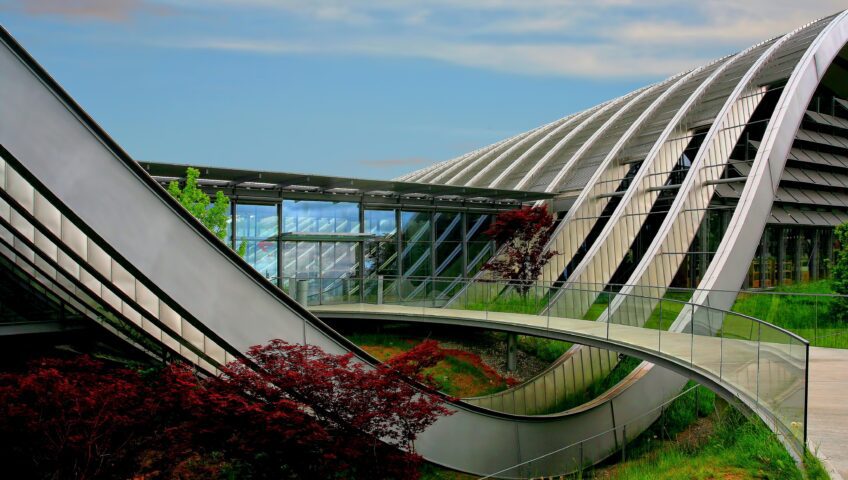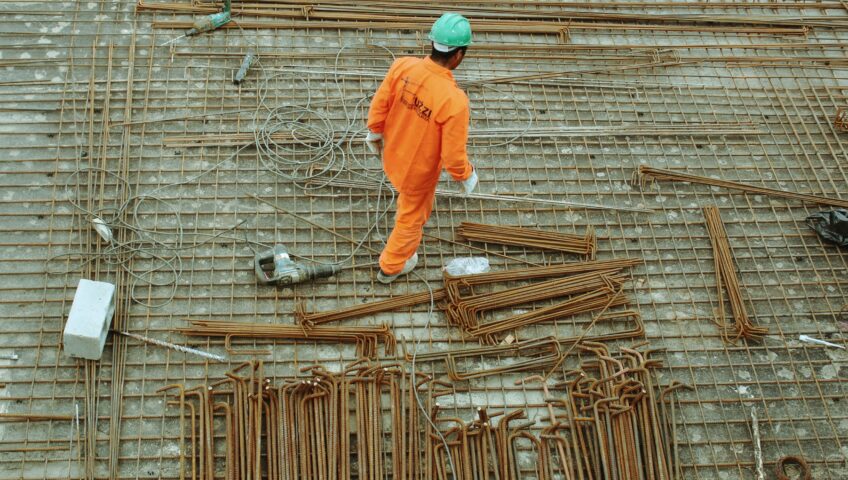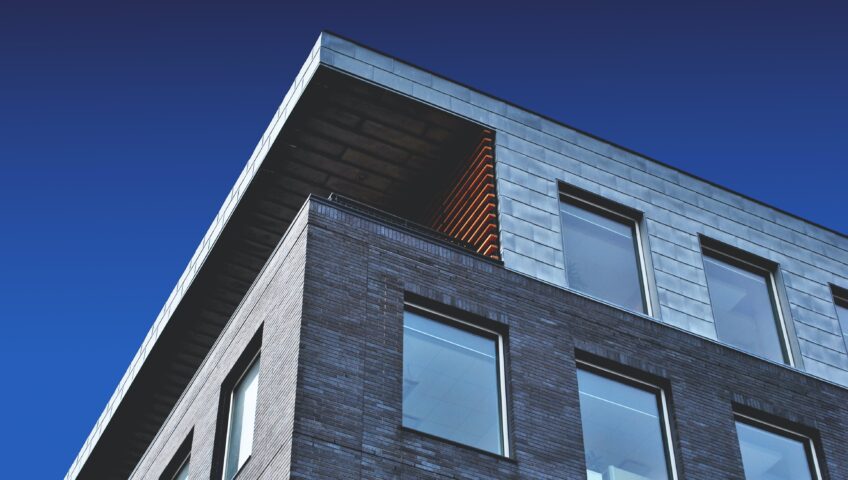When it comes to construction, there are two primary categories: residential and commercial. Each type of construction project comes with its own set of requirements, challenges, and considerations. Whether you’re planning to build a new structure or renovate an existing one, understanding the differences between residential and commercial construction is crucial. In this blog post, we’ll explore the key distinctions between these two types of construction projects, with a focus on commercial building and commercial renovations.
Residential Construction
Purpose and Use
Residential construction involves the meticulous crafting of homes, apartments, and a diverse array of housing structures, all designed to cater to individual or family needs. These projects, although smaller in scale compared to their commercial counterparts, hold the immense responsibility of providing a warm and comfortable living environment that people can truly call home. It’s where aspirations come to life, where cherished memories are made, and where the essence of personal comfort finds its truest expression. Residential construction is not merely about bricks and mortar; it’s about crafting the very essence of life itself.
Design and Aesthetics
Residential construction is a domain where aesthetics and personal preferences reign supreme. Unlike commercial buildings, where functionality may take precedence, homes are a reflection of their owners’ unique tastes and desires. Homeowners are often deeply involved in the design process, bringing their specific preferences to the forefront. Whether it’s the choice of materials, color schemes, architectural styles, or interior layouts, customization is not just encouraged but expected in the world of residential construction. This emphasis on personalization ensures that each home becomes a distinctive haven that caters to the individual needs and aesthetics of its occupants, making it much more than just a building; it becomes a true reflection of the homeowner’s personality and lifestyle.
Regulations and Codes
Residential construction adheres closely to local building codes and regulations to prioritize the safety and well-being of its occupants. However, it’s essential to recognize that these codes aren’t one-size-fits-all; they vary significantly from region to region. Residential codes are less stringent compared to their commercial counterparts. This difference arises because residential buildings typically accommodate fewer people and have fewer complex systems, resulting in a less demanding regulatory environment. Nonetheless, the core objective remains the same: creating homes that prioritize the safety and comfort of those who live within them.
General Contractors and Trades
General contractors overseeing residential projects play a pivotal role in orchestrating a symphony of skilled trades, including plumbers, electricians, and carpenters. These experts come together to transform blueprints into reality, ensuring every facet of the home functions seamlessly. While their tasks vary, the goal remains constant: crafting a comfortable and functional living space. The harmonious collaboration of these professionals under the guidance of a general contractor is the key to bringing homeowners’ dreams to life.
Commercial Construction
Purpose and Use
Commercial construction plays a pivotal role in shaping the modern business landscape. It encompasses the intricate process of erecting structures tailored to meet the diverse needs of businesses, offices, retail spaces, and industrial operations. Unlike residential construction, which focuses on creating homes, commercial construction revolves around constructing facilities that serve as the backbone of commerce. From towering skyscrapers to sprawling shopping malls, these projects are meticulously designed and engineered to accommodate the multifaceted demands of commercial activities.
Design and Functionality
In the world of construction, commercial projects stand out for their unwavering commitment to functionality, efficiency, and stringent adherence to industry standards. Unlike residential endeavors, where personal preferences often take center stage, commercial construction places a premium on meeting the precise needs of businesses. Whether it’s crafting optimal retail displays, streamlining office layouts for maximum productivity, or ensuring industrial spaces are equipped to handle rigorous processes, every aspect is meticulously planned and executed.
Regulations and Codes
Commercial construction ventures face a unique set of challenges, chief among them being the strict adherence to a multitude of building codes and regulations. These codes encompass critical aspects like fire safety, accessibility, and zoning requirements, and they play a pivotal role in shaping the built environment. While it might seem like a maze of paperwork and guidelines, compliance with these codes is non-negotiable, primarily because it directly affects the safety of employees and customers. Ensuring that structures meet or exceed these rigorous standards is paramount. It not only safeguards lives and property but also upholds the integrity of businesses and institutions.
Contractors and Trades
In the realm of commercial construction, the role of a general contractor is akin to orchestrating a complex symphony of specialized skills and expertise. General contractors overseeing commercial projects collaborate closely with a myriad of specialized trades, ranging from HVAC (Heating, Ventilation, and Air Conditioning) technicians to structural engineers and commercial electricians. The emphasis is not merely on completing the project but on creating a productive and safe work environment. Each specialized trade brings its unique talents to the construction site, ensuring that the intricate machinery of a modern business facility hums with precision and efficiency.
Commercial Renovations
Undertaking commercial renovations is a unique endeavor that presents its own set of challenges and considerations. Unlike new construction, which starts with a blank canvas, commercial renovations involve the art of adapting and repurposing existing structures. This can be a complex puzzle, as the renovation must seamlessly integrate modern needs and functionality into the existing framework. Perhaps even more crucial, renovations in commercial spaces must tread carefully to minimize disruption to ongoing business operations. Downtime can translate to revenue loss, making it imperative for renovations to be as efficient and non-disruptive as possible
Whether you’re building a dream home or expanding your business, understanding these differences is essential for a successful construction project. When considering commercial renovations, make sure to choose a contractor with expertise in adapting and improving existing commercial spaces to meet your business’s evolving needs.
If you’re in the Fayetteville, Raeford, Clinton, Dunn, Sanford, or any of the surrounding areas: Aberdeen, Southern Pines, Pinehurst, Lumberton, Cameron, Garner, Smithfield, Fuquay-Varina, Pittsboro, Holly Springs, Lillington, Carthage, or Clayton, you can find a trusted general contractor for your commercial construction or renovation needs at Commercial Building NC.




